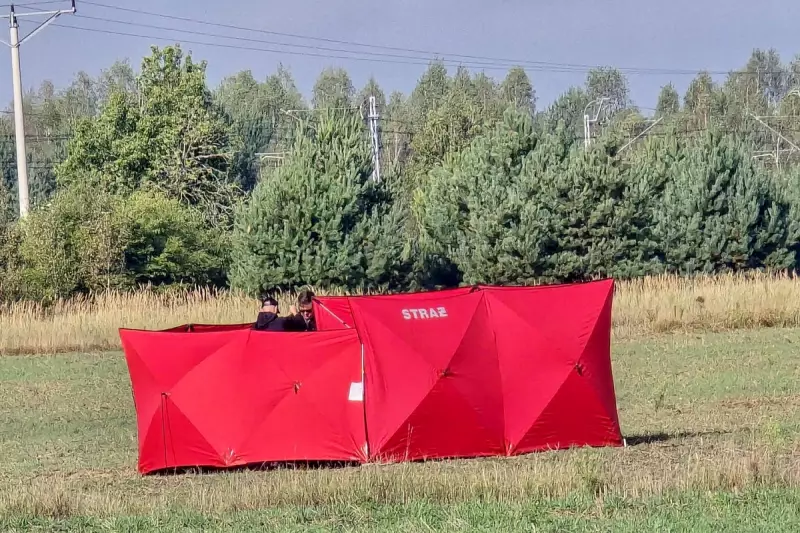
In a development that sends a chilling signal across the alliance, Romania's Ministry of Defence has confirmed the discovery of wreckage from a Russian drone on its sovereign territory. The incident, which occurred near the Danube River port of Izmail, represents a potential flashpoint and is the first confirmed physical impact on NATO soil since the invasion began.
The debris is believed to be from one of the dozens of Iranian-made Shahed drones launched by Russian forces in a sustained overnight barrage targeting Ukrainian port infrastructure. Romanian officials, who had previously denied such occurrences, have now opened a full investigation.
A Strategic and Symbolic Escalation
This event is not merely a stray piece of shrapnel; it is a profound strategic and symbolic escalation. A direct strike on a NATO member nation, even if accidental, invokes the spectre of Article 5 – the alliance's collective defence clause. While Bucharest has been careful to state this does not constitute a 'direct attack', the violation of its airspace and territory is being treated with the utmost seriousness.
The attacks focused on Ukraine's grain export hubs along the Danube, a critical alternative route since Moscow's withdrawal from the Black Sea grain deal. By targeting this lifeline, the Kremlin aims to cripple Kyiv's economy and disrupt global food supplies, a tactic described by analysts as economic warfare.
Regional Allies Rally in Response
The discovery has galvanised NATO's eastern flank. Polish President Andrzej Duda, visiting a military base, immediately characterised the event as 'an attack on Romanian territory' and a clear sign that the war is 'escalating'. His statement underscores the growing anxiety among nations bordering Ukraine and Russia.
Romanian President Klaus Iohannis condemned the 'unjustified' Russian attacks in strong terms, assuring the public that measures are being taken to ensure national security. This incident will likely accelerate discussions within NATO about further bolstering air defences along the entire eastern border.
The Broader Implications for European Security
This breach of NATO territory marks a dangerous new phase in the conflict's spillover. It demonstrates that Putin's campaign of attrition against Ukraine will increasingly test the boundaries and resolve of the Western alliance. All eyes will now be on Brussels and Washington to gauge the firmness and nature of the response.
For the citizens of Eastern Europe, the drone debris is a tangible, frightening reminder that the war is no longer a distant conflict on the news, but a pressing reality at their doorstep. The question now is not if, but how, NATO will choose to respond to this blatant violation of its borders.





